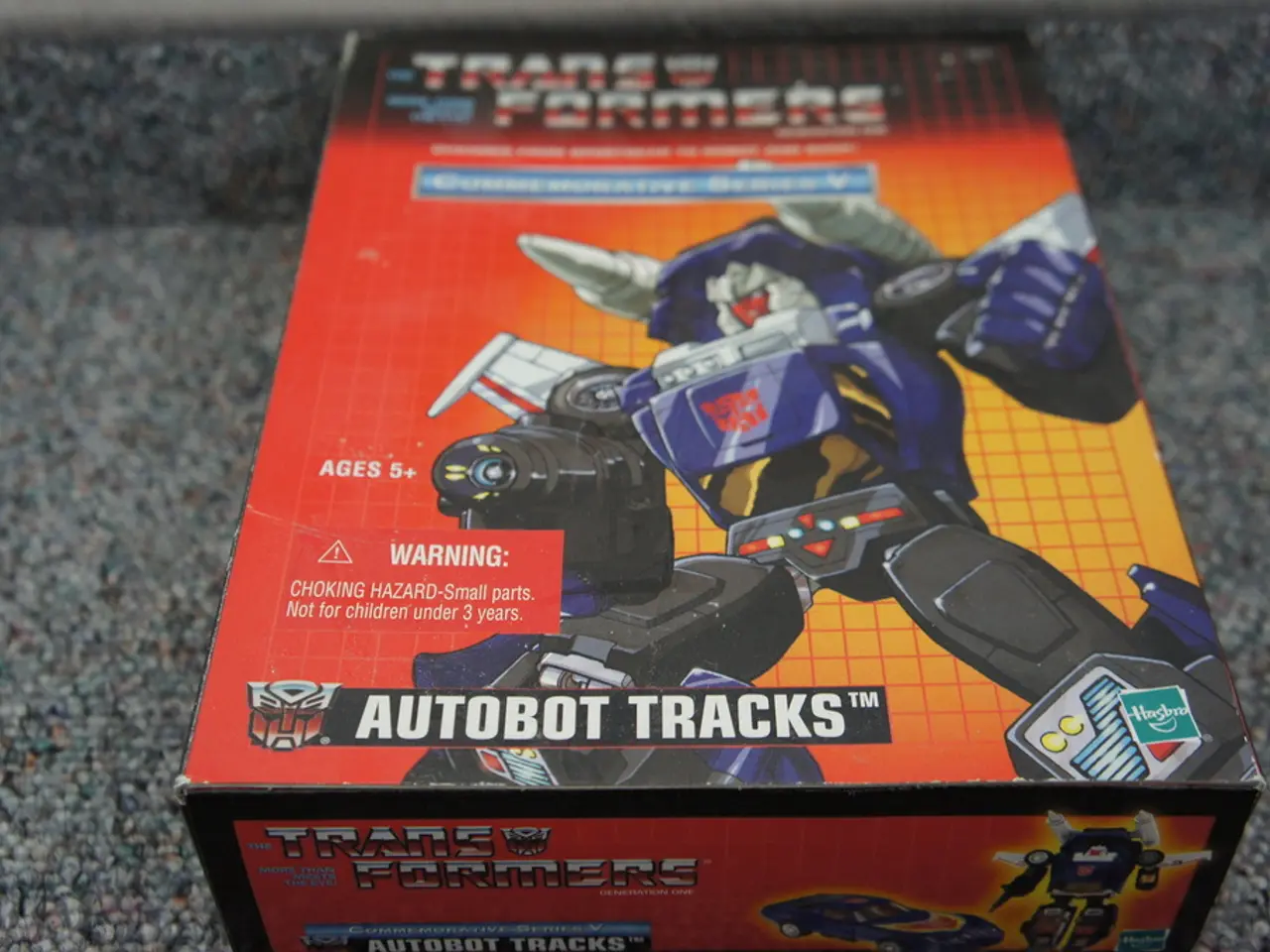Latest Data News Highlights: Top 10 Noteworthy Updates
In the heart of 2025, the world of artificial intelligence (AI) is experiencing a significant boom, with groundbreaking developments and applications spanning various fields. From genomic research and cancer detection to autonomous robotics and environmental forecasting, AI is making a profound impact on our daily lives.
One of the most promising areas of advancement is in the realm of medicine and cancer research. Google has introduced AlphaGenome, an AI model designed to better understand the human genome and predict regulatory variant effects, aiding scientific research in genetics and disease. Furthermore, AI advancements are bringing hope to cancer research and treatment, particularly for early detection and treatment of cancer. Researchers at Harvard Medical School and the University of Copenhagen have created an AI system that predicts a patient's risk of developing pancreatic cancer within the next three years.
In the realm of language models and AI agents, DeepSeek, a Chinese startup, has released an upgraded multi-modal AI model (DeepSeek-VL) that competes with OpenAI's GPT models, enhancing reasoning across text and image inputs. Agentic AI tools, AI systems that autonomously perform complex tasks, are a hot trend in 2025 with major launches from companies like AWS, Google Cloud, Microsoft, and Salesforce, driving innovation in AI-enabled workflows and assistance.
Space exploration and environmental conservation are also benefiting from AI advancements. Google DeepMind has launched Weather Lab, an AI-powered platform to improve tropical cyclone prediction, partnering with the US National Hurricane Center to enhance forecasting and warnings. Microsoft's AI tools are being utilized in conservation efforts, such as tracking and protecting endangered giraffes in Africa through analysis of drone and camera trap data. Officials in Milan, Italy, have partnered with Bloomberg Philanthropies to install air quality sensors around the city to collect data on air pollution and inform future environmental policies.
Autonomous transportation and robotics are also seeing significant progress. Google has introduced Gemini Robotics On-Device technology to bring advanced AI reasoning and physical-world understanding directly to robots, enhancing their dexterity and task generalization in real time without needing cloud connectivity. This marks a key step toward more capable autonomous machines. May Mobility and Via have launched an autonomous shuttle service in Sun City, Arizona, for residents to travel between recreation services, healthcare facilities, and shopping destinations.
The food industry is also integrating AI, with Wendy's partnering with Google to create a chatbot that can take customers' orders in drive-through lanes. Domino's Pizza is testing autonomous pizza delivery robots in Madrid, Spain, through a partnership with Goggo Network. Customers can use the chatbot to order food known by phrases unique to Wendy's, such as a milkshake known as a Frostie. The autonomous pizza delivery robots use cameras, radar, and ultrasound sensors for navigation.
While specific AI developments in music for 2025 were not explicitly detailed, given the rapid pace of AI across multimodal applications, it is likely that AI continues to evolve in music generation, production, and personalized listening experiences.
In summary, 2025 is seeing expansive AI innovation across multiple sectors: from genomic research and cancer detection to autonomous robotics and environmental forecasting, alongside powerful new language models and AI agents that increase automation and intelligence in everyday technologies. These advancements are not only reshaping our daily lives but also opening up new possibilities for the future.
- In genetics and disease research, Google's AlphaGenome, an AI model, is aiding scientists by better understanding the human genome and predicting regulatory variant effects.
- AI advancements are bringing hope to cancer research and treatment, particularly for early detection and treatment, as demonstrated by an AI system created by researchers at Harvard Medical School and the University of Copenhagen that predicts a patient's risk of developing pancreatic cancer.
- In the realm of language models and AI agents, DeepSeek-VL, an upgraded multi-modal AI model from Chinese startup DeepSeek, is competing with OpenAI's GPT models, enhancing reasoning across text and image inputs.
- AI tools are also playing a significant role in environmental conservation, with Microsoft's AI being used to track and protect endangered giraffes in Africa through the analysis of drone and camera trap data.
- The food industry is integrating AI with Wendy's partnering with Google to create a chatbot for taking drive-through orders and Domino's testing autonomous pizza delivery robots in Madrid, Spain, through a partnership with Goggo Network. Despite specific AI developments in music for 2025 not being detailed, the rapid pace of AI across multimodal applications suggests that AI is likely to continue evolving in music generation, production, and personalized listening experiences.




